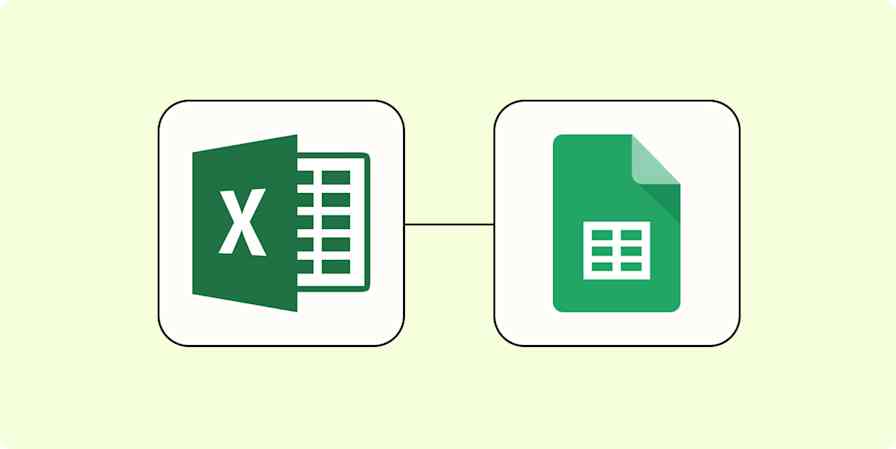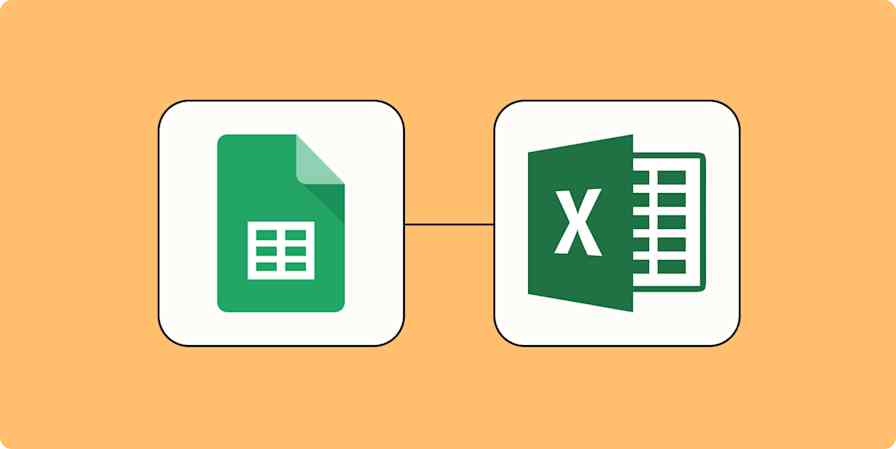App tips
3 min readHow to split text in Excel and Google Sheets
By Matthew Guay · June 23, 2024

Get productivity tips delivered straight to your inbox
We’ll email you 1-3 times per week—and never share your information.
mentioned apps
Related articles
Improve your productivity automatically. Use Zapier to get your apps working together.






